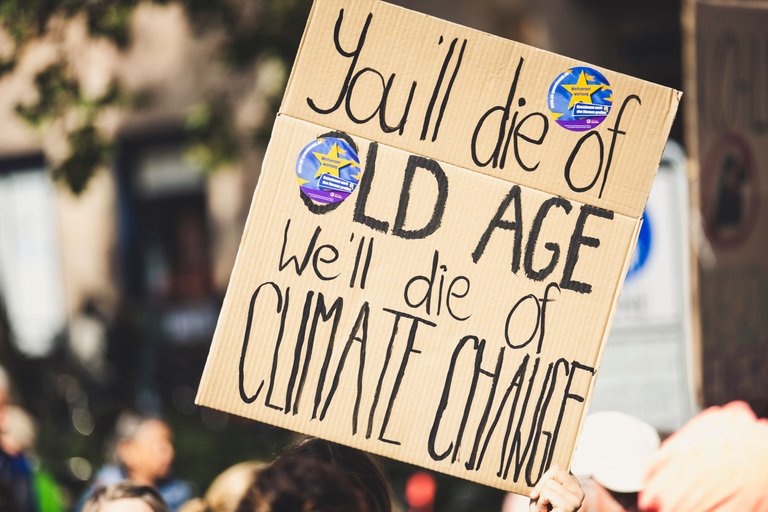It's Getting Hot In Here
Climate change is the long-term change in the average weather patterns of earth's local, global and regional climates source.
Scientists claim that human activity is the primary cause of what we now know as climate change. Burning of fossil fuels that emit the greenhouse gas, carbon dioxide, thereby heating up earth's surface temperature.
As human and industrial activities heightened over the years, so did global warming. There are several indicators of climate change; a severe change in weather conditions such as heatwaves, droughts, wildfires e.t.c, loss of ice in mountain glaciers, rising sea levels, change in rain and snow patterns e.t.c.
According to The Anthropocene equation, carbon dioxide from human activity is on the increase 250 times faster than it did after the last Ice Age. The effects of global warming are clearly visible already and not some futuristic concept. However, scientists think it gets worse.
A research co-led by an ecologist Marten Scheffer of Wageningen University in the Netherlands suggests that about 3.5 billion people would be living in extremely hot areas by year 2070. The study predicts 'unlivable' heat for the average citizen and it could lead to major migrations from the hottest areas of the world.
Another lead of the research, Tim Lenton said countries like Nigeria with population growth prediction bordering a 300% increase would face major difficulties if the unlivable heat phase becomes a reality. This is not surprising as in Nigeria, gas flaring is a norm and obvious culprit of climate change.
Changing our lifestyle by using renewable energy, investing in energy efficient appliances, curbing waste e.t.c. and regulating industrial processes and generally doing things that sustains the ecosystem would help prevent this drastic endpoint of unlivable heat.
